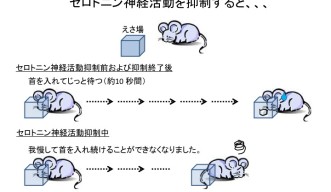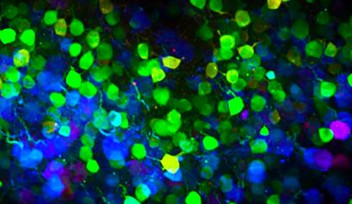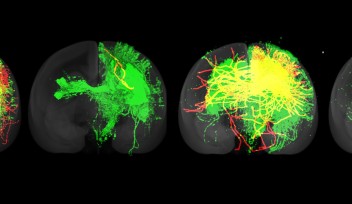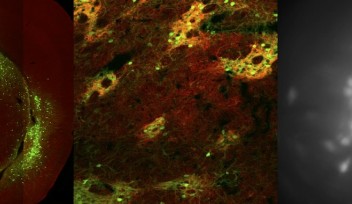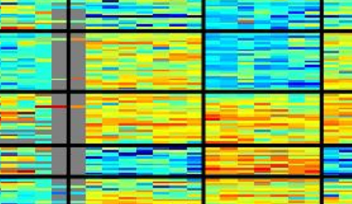Study Confirms Serotonin’s Role in Controlling Patience
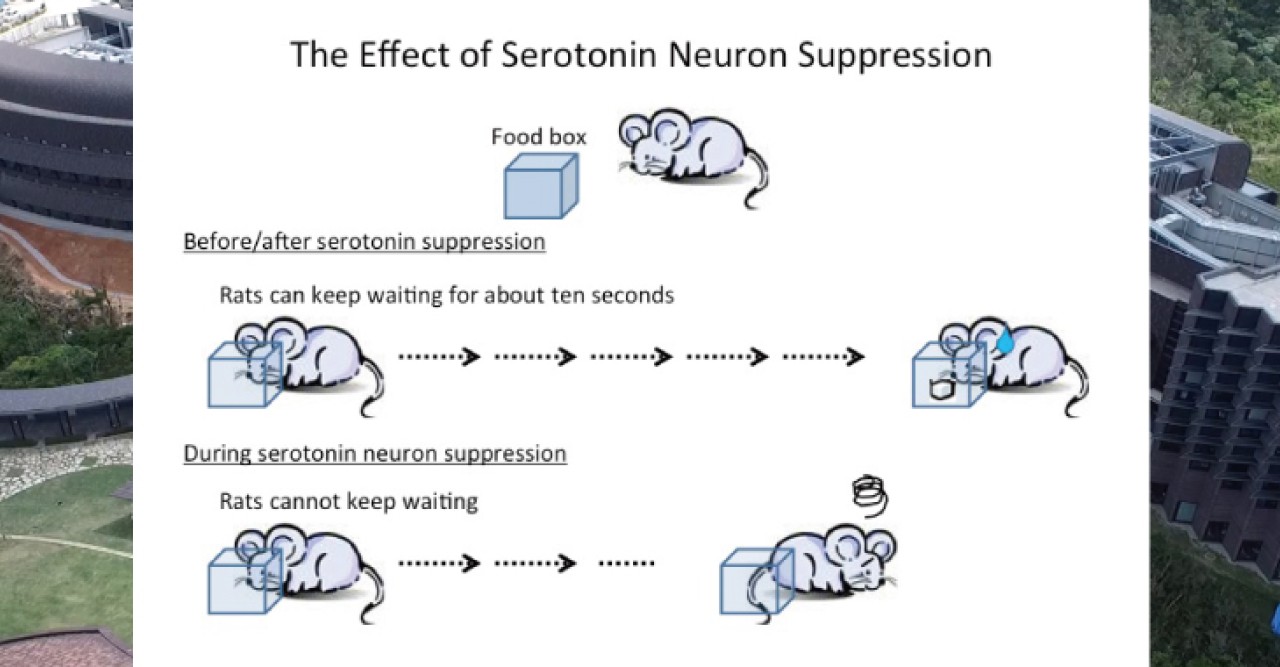
The ability to forego immediate gratification for the sake of an eventual reward is critical for humans; without it, we easily fall prey to problems like addiction, aggression, and poor performance at school and work. In recent years, evidence has accumulated linking serotonin to the ability to wait, but no direct cause-and-effect link could be established—until now. By implanting a tiny drug delivery device into the brains of rats, researchers in OIST’s Neural Computation Unit were able to temporarily lower serotonin levels in the part of the brain responsible for patience, and to show that this loss caused the rats to give up before receiving an expected reward.
The researchers, Kayoko Miyazaki, Katsuhiko Miyazaki, and Prof. Kenji Doya, report the details of their experiment in the August 1 issue of the Journal of Neuroscience. They implanted a microdialysis probe into a part of the brain called the dorsal raphe nucleus (DRN), then tested the rats’ performance on a waiting test before and after a serotonin-suppressing drug was delivered through the probe. In the test, five rats were trained to alternately visit a food site and a water site, where they had to poke their noses into a hole and wait for a reward in the form of either a food pellet or water. Sometimes the wait was only two seconds, while other times the reward wouldn’t arrive until seven to eleven seconds of waiting. While untreated rats were usually able to keep their noses in the hole for as long as it took to get the reward, once the suppressor was delivered, reducing the amount of serotonin in the DRN by more than half, the rats became much more likely to wander off if not rewarded after a few seconds.
“The suppressor had a very specific effect on the animals’ behavior,” notes Kayoko Miyazaki. “The rats were more likely to leave early during the long-delay reward condition, whereas we didn’t see a change in their behavior under the short-delay reward condition. This means that the animals’ motor control and cognitive functions—for example, remembering which reward site they should go to next—were normal, but they just did not have the patience to get the long-delayed reward.” Two hours after the last dose of the drug, the rats’ patience levels had returned to normal.
Previous studies that assessed the effect of serotonin manipulation on patience or impulsivity had mixed results because the drugs affected a variety of serotonin receptors in different parts of the brain, which induced complex reactions. By delivering an acute, local drug dose in the center of serotonin production, the group has for the first time clearly established the causal role of serotonin in regulating patience for forthcoming rewards.
The group’s most recent finding, together with their previous discovery that serotonin neurons increase their firing while animals wait for a delayed reward, shows that the serotonin-releasing neurons have a critical role in the decision whether to keep waiting for a delayed reward. Further study of the neural circuit that shapes the activity of serotonin neurons is expected to bring a better understanding of the causes of psychiatric disorders in which serotonin is known to be involved, such as depression and addiction.
Journal Information
1) Journal and the date of publication: The Journal of Neuroscience, August 1, 2012
2) Title: Activation of Dorsal Raphe Serotonin Neuron Is Necessary for Waiting for Delayed Rewards
3) Authors: Kayoko W. Miyazaki1, Katsuhiko Miyazaki1, Kenji Doya1, 2
1 Neural Computation Unit, Okinawa Institute of Science and Technology Graduate University (OIST), Onna-son, Kunigami, Okinawa, 904-0495, Japan
2 Advanced Telecommunications Research Institute International, Kyoto 619- 0288, Japan
Other References:
Katsuhiko Miyazaki, Kayoko W. Miyazaki, and Kenji Doya: Activation of dorsal raphe serotonin neurons underlies waiting for delayed rewards. Journal of Neuroscience, Vol. 31, 469-479 (2011).
Kayoko W. Miyazaki, Katsuhiko Miyazaki, and Kenji Doya: Activation of the central serotonergic system in response to delayed but not omitted rewards. European Journal of Neuroscience, Vol. 33, 153-150 (2011).










